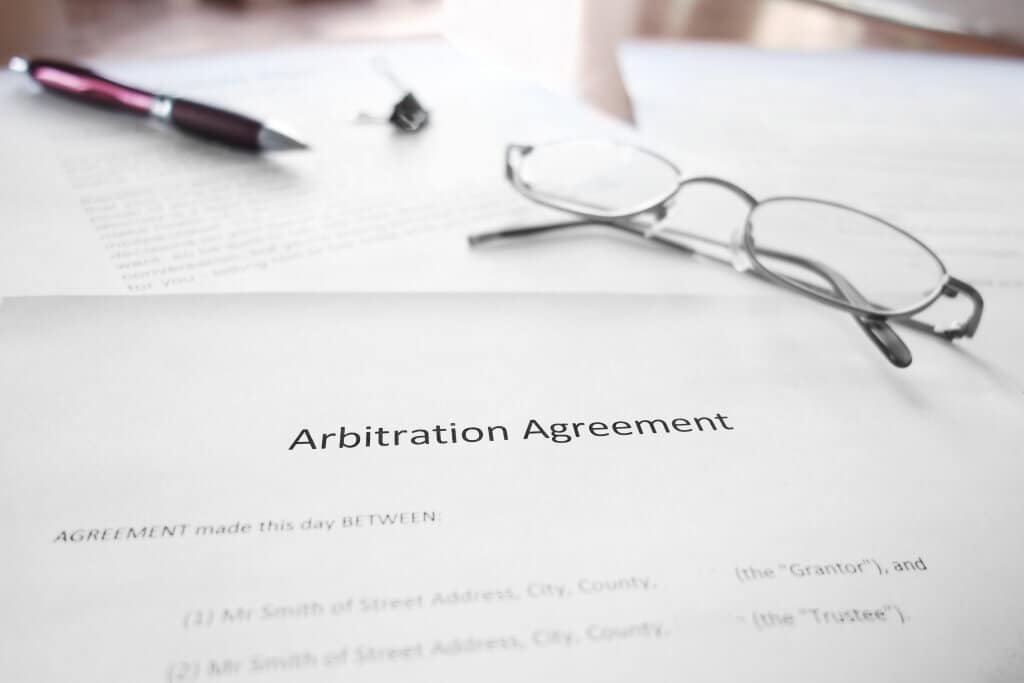Alaniz Law & Associates, PLLC Services
Arbitration Agreements and Class Action Waivers
Arbitration agreements may be a viable alternative for your business to avoid being sued in court by your employees. This is a rapidly developing area of the law, and each state has its own rules for governing these agreements, so your business must take care to stay ahead of the game. These agreements are of particular interest to employers who wish to avoid the threat of class action litigation. We can help you understand the pros and cons of these types of agreements, and whether they would be legally enforceable for your business.
In May of 2018, the U.S. Supreme Court ruled that arbitration agreements between an employer and an employee to resolve employment disputes through one-on-one arbitration do not violate the National Labor Relations Act (NLRA). In a huge win for businesses, the decision means that employers may use arbitration agreements to prohibit employees from filing and joining class or collective action lawsuits in employment-related matters.
By using arbitration agreements requiring that employees resolve employment disputes through arbitration instead of filing a lawsuit in court, employers may benefit from numerous differences in both procedure and exposure. First, proceedings before a neutral arbitrator (or panel of arbitrators) are handled in private whereas lawsuits filed in a state or federal court are available to the public. In other words, unless documents are filed under seal, most court documents, hearings, and trials will be open to anyone, including reporters, competitors, other employees, etc. Consequently, requiring arbitration keeps publicity related to employment disputes at a minimum.
Also, procedures and evidentiary rules differ between arbitration and court proceedings. An employer may set forth in the arbitration agreement which arbitration rules will govern employment-related disputes. In addition, the employer and employee (and their attorneys) mutually select an arbitrator whereas the parties to a court action do not have input into the judge assigned to their lawsuit. In addition, an arbitrator has broad discretion over discovery and need not follow formal discovery and civil procedure rules that govern the courts (which may or may not be desirable in a given context). Finally, although there are some grounds for judicial review, arbitration awards generally cannot be appealed, meaning that disputes can get to a final resolution quicker.
We are not your typical firm that simply waits for a lawsuit to hit. Preventing a lawsuit is preferable to winning one. We take a preventative approach to help employers avoid the pitfalls in complying with the complex rules that govern today’s workplace. Above all, we pride ourselves on helping you avoid the lawsuit in the first place.
Would You Like to Learn More?
If you would like to learn more or to discuss your business issues with us, contact us today. There is no obligation.
DISCLAIMER – The material provided on this website is for the purposes of information only and is not intended to be a substitute for legal advice or consultation with an attorney regarding any specific legal issue or concern. Using this website as a means of communication with this firm does not establish an attorney-client relationship nor should it be used for any confidential or time-sensitive messages.

Business Address
20333 State Hwy 249, Ste. 272
Houston, TX 77070
(281) 833-2200
Office Hours
Mon-Fri 8AM to 5PM

